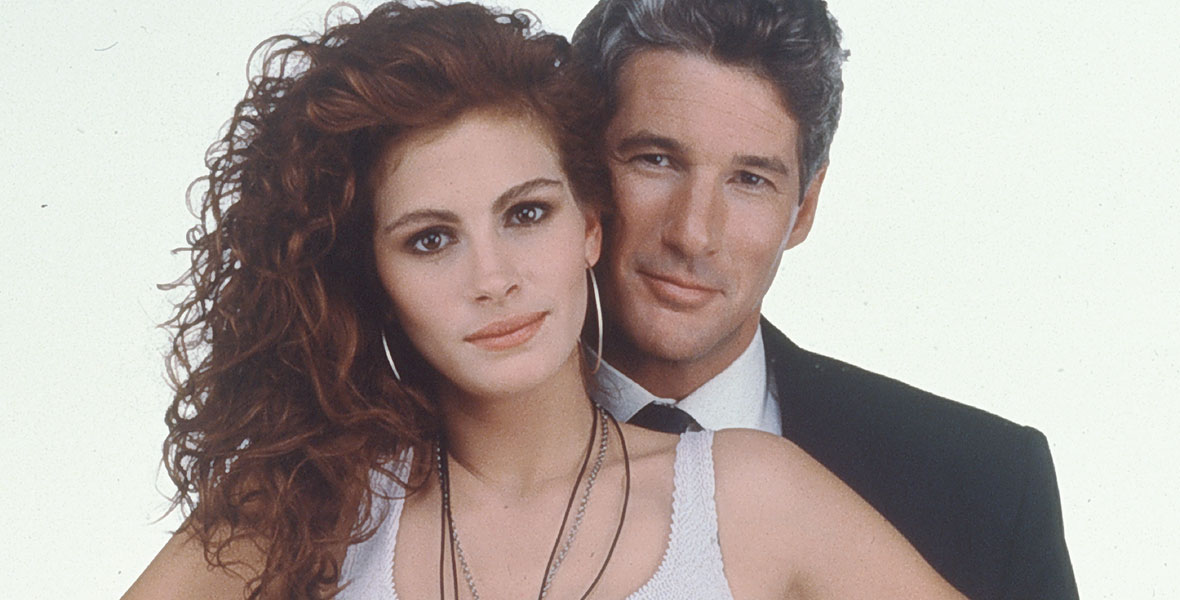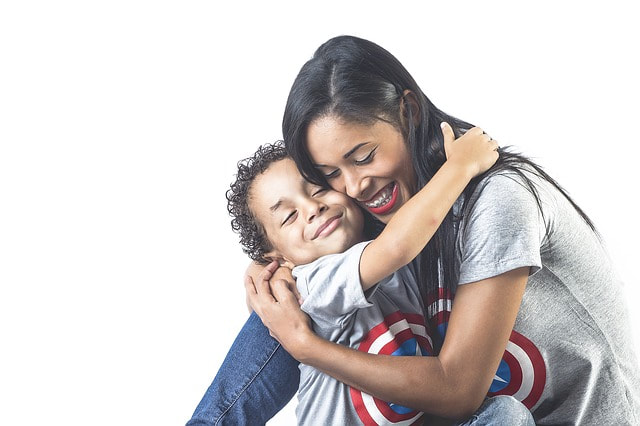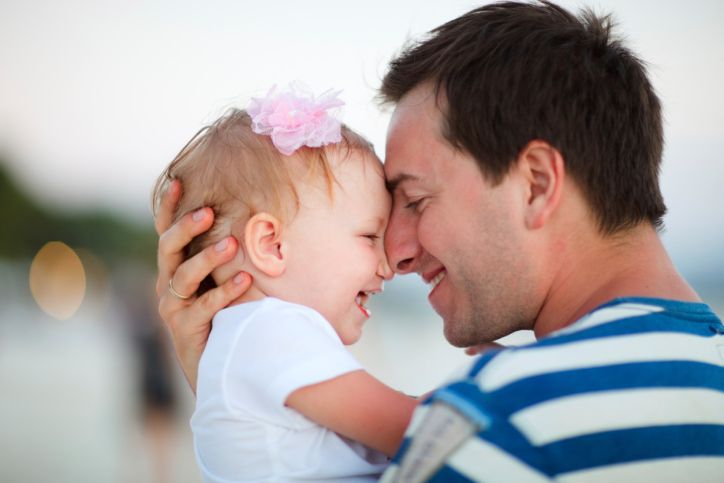 Hollywood is selling
us a version of love that is a mushy, wonderful thing full of butterflies,
romance, and exotic adventures without price tags. We love the idea of this love,
but the older we get the more we realize that love, at least the true enduring
kind, is more of an exercise of self discipline, sacrifice, and putting others
first. Butterflies occur, but they are completely optional rather than a
guarantee. Our children are also sold this same image of perfect love from an
early age in the form of storybooks, movies, and music. We all want that
fictitious, easy love regardless of age. That’s why we return to our favorite
love stories and rom-coms like a favorite well worn t-shirt, they just fill us
up in a way reality cannot match. As adults, we recognize this for a brief
respite into a fictional world, but our children cannot yet separate the two.
Hollywood is selling
us a version of love that is a mushy, wonderful thing full of butterflies,
romance, and exotic adventures without price tags. We love the idea of this love,
but the older we get the more we realize that love, at least the true enduring
kind, is more of an exercise of self discipline, sacrifice, and putting others
first. Butterflies occur, but they are completely optional rather than a
guarantee. Our children are also sold this same image of perfect love from an
early age in the form of storybooks, movies, and music. We all want that
fictitious, easy love regardless of age. That’s why we return to our favorite
love stories and rom-coms like a favorite well worn t-shirt, they just fill us
up in a way reality cannot match. As adults, we recognize this for a brief
respite into a fictional world, but our children cannot yet separate the two.
As parents we love
our children and then love them some more. We pour into them every spare second
and dollar we have. So it is frustrating when we as parent’s come home from a
work trip with a present that gets a lackluster response, or when returning
home after an outing planned especially for our little one the whining and
complaining begins almost instantaneously. This acting out isn’t fair. We just
loved them so hard and our reward is being taken for granted or behavioral
issues. So how do we make our home a happier, less contentious place? How do we
get our children to see we love them the best we can? Especially when the
majority of us, as parents, already feel stressed out and overwhelmed?? I mean
there are only so many hours in a day. Social media is pushing in our faces the
idea that we simply aren’t doing enough for our child and that if we do more the
warzone in our home will cease and our child will suddenly become the little
angel we all know they are at their core. Surprisingly it isn’t a matter of
needing to do more for our kiddos, it is a simple matter of needing to do some
things better.
The answer lies in
Gary Chapman’s theory of 5 love languages. A love language is how we prefer to
show love to others and how we best understand expressions of love from someone
else. For example presents are nice, but that doesn’t fill some of us up the
way a sink of empty dishes or a sweet back rub does. When our love language
actions don’t match the language of our child, we can love them to the best of
our ability without them feeling much of anything at all. As such, our love
actions should be intentionally geared towards filling up our child’s very
individualized emotional love tanks.
Speaking from
experience, it is easy to recognize times in our life when we felt emotionally
low, running on empty from giving so much of ourselves to others. Our children
are the same way. When our child’s love tank is nearing empty it is hard for
them to be or do their best. They are more likely to get angry or act out. So
the easiest thing we can do to fix our home life is to begin to recognize our
child’s individual love language(s) so we can love them in a way that feels
like true love to them.
Here at Raise a
Warrior we believe that finding and learning to speak love in your child’s primary
and secondary love language will go a long way towards avoiding
miscommunications, preventing behavioral issues, and most importantly promoting
healthy relationships as it helps them truly feel your love and the priority
they are within your life. We hope that you take time to read the following
article and start making plans to level up your parenting because after all everyone just wants and needs to be loved and appreciated a little more. Happy
parenting!
#RaiseAWarrior
Looking to find more ways to spend time with your kiddo and fill up their love tank?
Join us on the mat each month for Family Participation Days.
(Upcoming family participation days are December 3rd and 4th)
#FamilyTimeIsTheBestTime




No comments:
Post a Comment